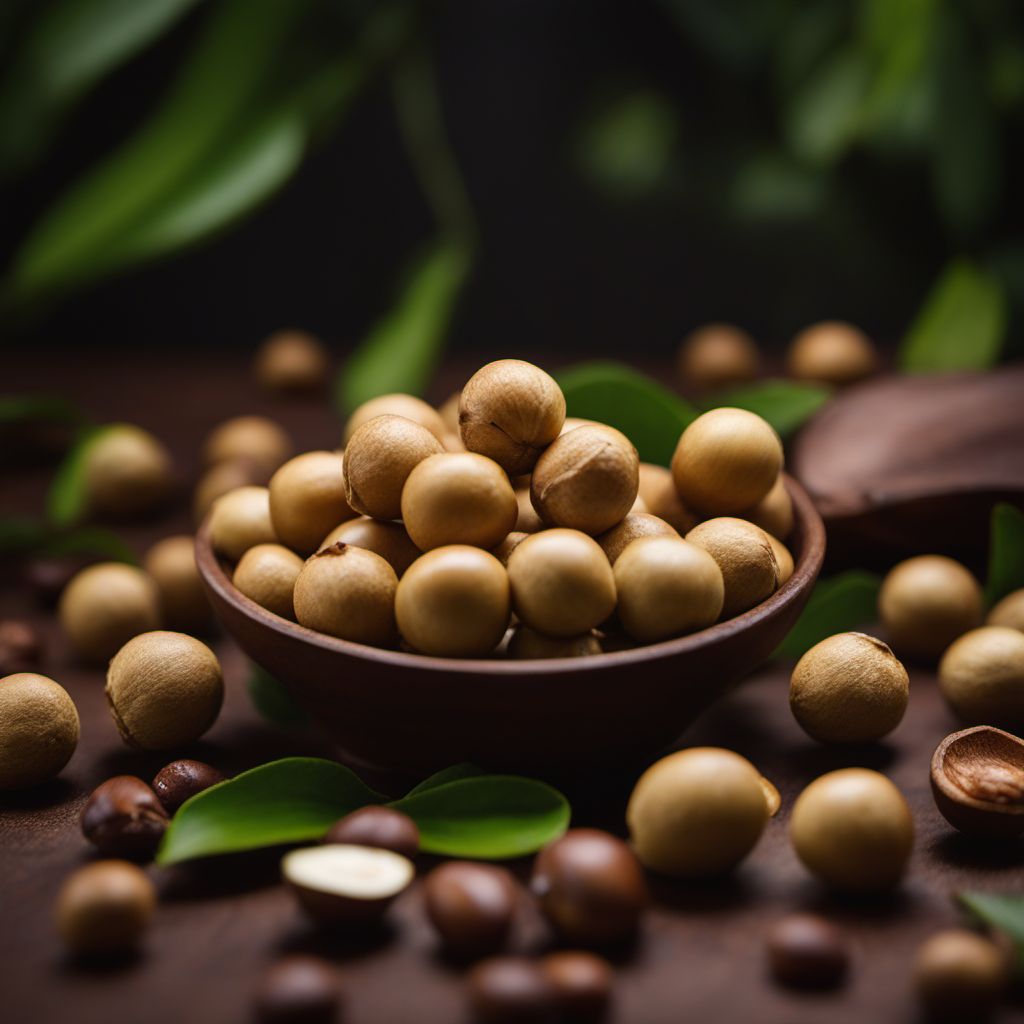
Ingredient
Macadamias
"The Creamy Delight: Macadamias - Nature's Butter"
Macadamias are small, round nuts with a hard outer shell and a smooth, creamy texture. They have a distinct buttery flavor that is both rich and slightly sweet. The nuts are typically ivory or pale yellow in color and have a smooth, shiny surface. Macadamias are known for their high fat content, which contributes to their creamy texture and rich taste. They are often enjoyed roasted or used as a key ingredient in desserts, confections, and savory dishes.
Origins and history
Macadamias are native to Australia, specifically the rainforests of Queensland and New South Wales. They were first discovered by European settlers in the 19th century and were named after the Scottish-Australian chemist, John Macadam. Macadamias were traditionally consumed by Aboriginal Australians, who recognized their nutritional value and used them as a source of sustenance. Today, Australia remains one of the largest producers of macadamias, along with Hawaii and South Africa.
Nutritional information
Macadamias are a nutrient-dense ingredient, rich in healthy monounsaturated fats, which can help lower bad cholesterol levels. They are also a good source of fiber, protein, and essential minerals such as magnesium, copper, and manganese. However, due to their high fat content, macadamias are calorie-dense, so portion control is important.
Allergens
Macadamias are tree nuts and can cause allergic reactions in individuals with nut allergies.
How to select
When selecting macadamias, look for nuts that are plump, firm, and heavy for their size. Avoid nuts that have a rancid or off smell. The shells should be intact and free from cracks or holes. Opt for macadamias that are sold in airtight packaging to ensure freshness.
Storage recommendations
To maintain the freshness of macadamias, store them in an airtight container in a cool, dry place, away from direct sunlight. Alternatively, refrigerate them to extend their shelf life. Properly stored macadamias can last for several months.
How to produce
Macadamia trees can be grown in tropical and subtropical regions with well-drained soil and ample sunlight. They require a long growing season and can take several years to bear fruit. The nuts are harvested when they fall from the tree naturally. However, commercial production of macadamias requires specialized cultivation techniques and processing.
Preparation tips
Macadamias can be enjoyed raw or roasted to enhance their flavor. To roast macadamias, spread them in a single layer on a baking sheet and bake at 350°F (175°C) for about 10-12 minutes, or until they turn golden brown. They can be used as a topping for salads, added to baked goods, or ground into a creamy nut butter. Macadamias can also be incorporated into savory dishes such as stir-fries or used as a crust for fish or chicken.
Substitutions
Cashews or almonds can be used as substitutes for macadamias in recipes that call for a similar creamy texture and mild flavor.
Culinary uses
Macadamias are commonly used in baking, particularly in cookies, cakes, and granola bars. They are also popular in confections like chocolates and pralines. Macadamia nut butter is a delicious spread and can be used in place of other nut butters. Additionally, macadamias can be chopped and added to salads, stir-fries, or used as a crunchy coating for meats or seafood.
Availability
Macadamias are commonly available in Australia, Hawaii, and South Africa, where they are cultivated on a large scale. They are also exported to various countries worldwide.
More ingredients from this category
Recipes using Macadamias » Browse all
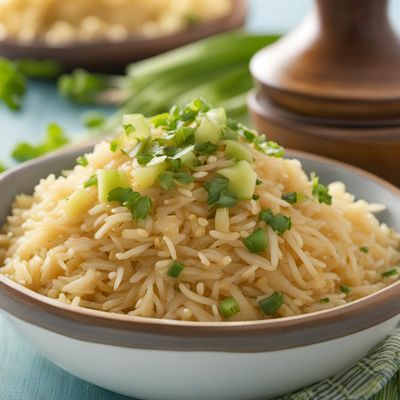
Hawaiian Haystack with a Tropical Twist
Tropical Delight: A Flavorful Twist on Hawaiian Haystack

Hawaiian Quetschentaart Delight
Tropical Twist: Hawaiian Quetschentaart Delight
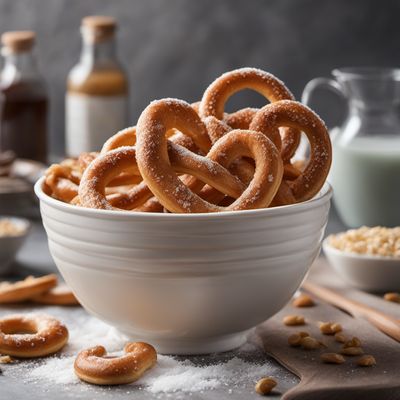
Australasian Twist on Bavarian Pretzels
Coconut and Macadamia Pretzels: A Tropical Twist on Bavarian Delights

Creamy Pearl Barley Porridge
Australian Twist on Finnish Comfort: Creamy Pearl Barley Porridge

Grilled Moksal with Macadamia Nut Sauce
Macadamia-infused Grilled Moksal: A Fusion Delight
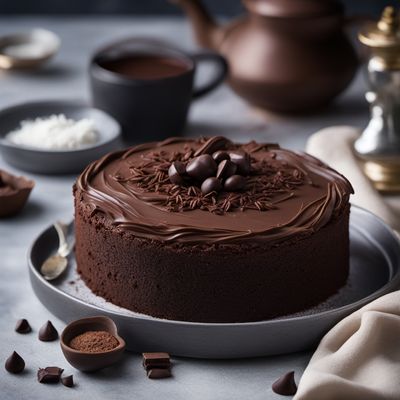
Oceanic Chocolate Mud Cake
Decadent Chocolate Delight from the Ocean
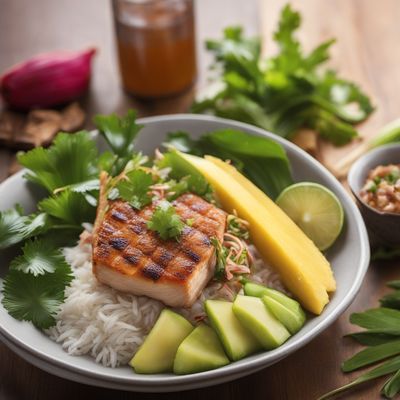
Hawaiian Style Inchicapi
Tropical Delight: Hawaiian Style Inchicapi with a Twist

Filipino-American Mustazzola Delight
Sweet Fusion: A Filipino-American Twist on Mustazzola

Christmas Island-inspired Creamy Chicken Salad
Island Delight: Creamy Chicken Salad with a Tropical Twist
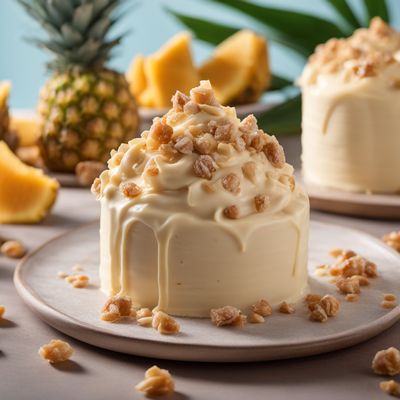
Hawaiian Torrone Ice Cream
Tropical Torrone Delight
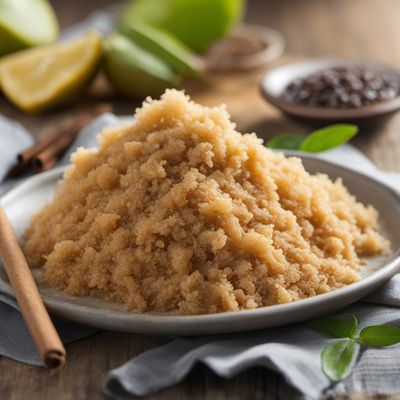
British Virgin Islands Flódni
Tropical Delight Flódni: A Fusion of Hungarian and Caribbean Flavors

Macadamia Nut Pie with a Japanese Chinese Twist
Sakura Macadamia Nut Pie: A Fusion of Flavors